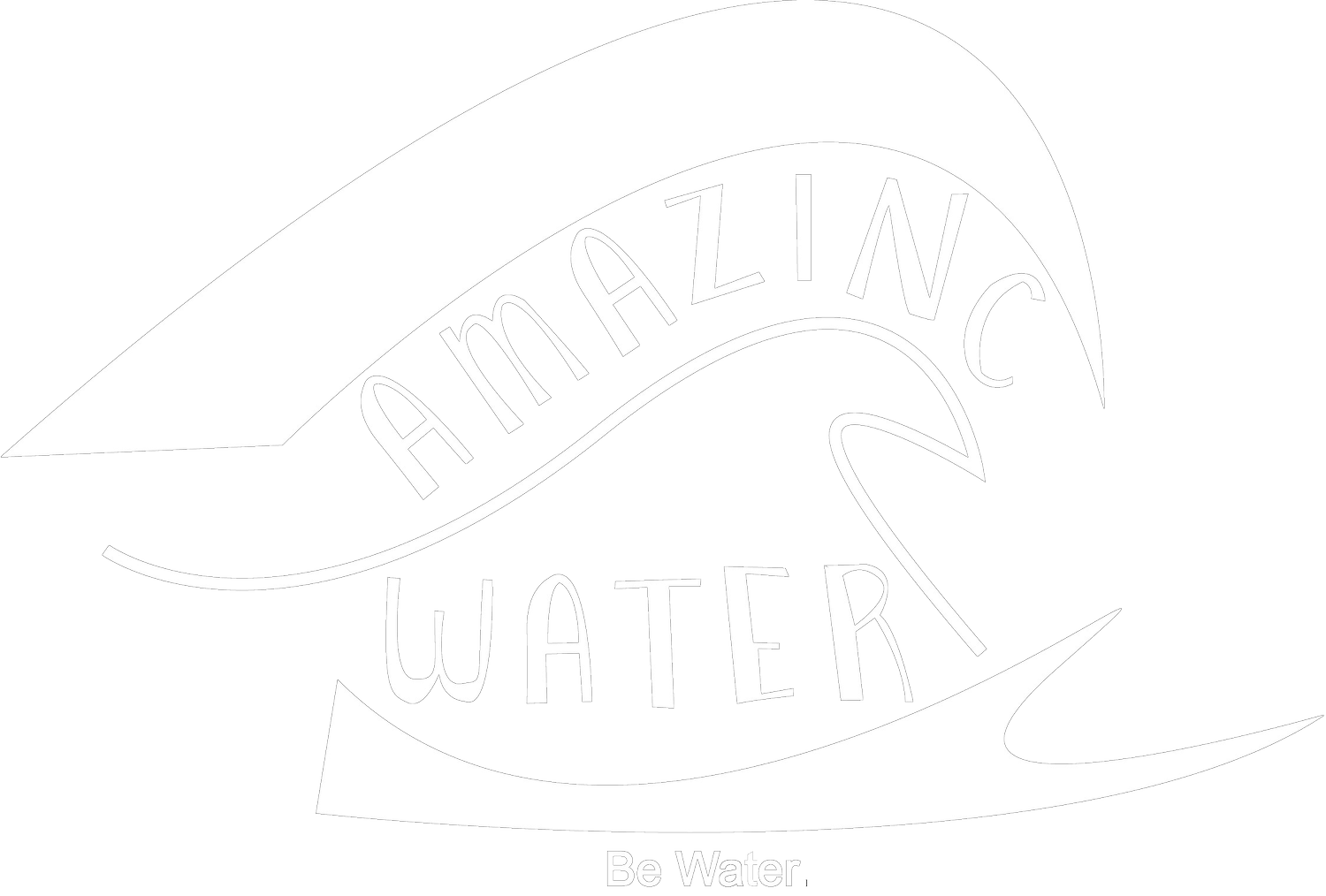What Happens If You Don't Sanitize A Baby’s Bottle?
Every family should know about the importance of keeping your baby’s bottles clean and germ-free.
Many people practice cleaning their baby’s bottles using water and soap. However, this only rinses most bacteria and substances, leaving behind some germs that might cause health risks. With that, you must also properly sterilize your baby’s bottles.
You cannot completely remove any traces of harmful bacteria in your baby bottles, especially without proper sterilization. Harmful microorganisms like E. coli, salmonella, and other disease-producing viruses and bacteria may infect your infants.
Moreover, infants are always exposed to various health risks every day since they were born. Besides, babies tend to put their fingers into their mouths, which can be dangerous if you do not keep their bottles, which they touch the most, clean and sanitized.
Keep in mind that babies have lower immunity levels than adults. That is why every household must clean and sanitize their baby’s surroundings and necessities. This can help in minimizing the possibility of your child getting sick.
Here are some things that might happen if you don’t properly sanitize your baby’s drinking bottle.
Gastroenteritis
An Unsanitized baby bottles are hotspots for diseases that may critically harm your newborns — one of which is Gastroenteritis.
Viral Gastroenteritis is a complication in the intestines that often results in stomach ache, vomiting, and diarrhea. According to Roger Webber, babies might become infected by Gastroenteritis from unsanitary baby bottles.
Moreover, babies may also acquire this disease from infected people contaminating their bottles through direct contact or from their coughs and sneezes.
Furthermore, Gastroenteritis does not yet have an effective remedy, which means it can be detrimental for your babies when they get them.
However, you can avoid all these risky developments happening to your babies by simply prioritizing their baby bottles' sanitation.
Bacteria
An Unsanitized baby bottles can also be an ideal habitat for threatening bacteria, which will eventually transfer to your baby’s mouth if you only rinse off the bottles to clean them. These bacteria can cause illnesses to your newborn, such as food poisoning and vomiting, among others.
One reason for bacterial infection in your baby’s bottles is poor sanitation and bad cleaning habits. It means not washing your hands nor cleaning your table or sink before rinsing and sanitizing your baby’s bottles.
Furthermore, baby bottles that contain breast milk or formula for quite a while will indeed have bacteria propagate in them. Thoroughly rinsing them after another use will not completely remove the bacteria.
If you do not thoroughly sanitize your baby’s bottles, these items can be prone to harboring organisms that can lead to dreadful diseases.
Germs and Viruses
Improperly cleaned baby bottles will also attract germs that might lead newborns to be ill.
Hepatitis A Virus and Rotavirus, both commonly transferred through poor sanitation practices, might infect those unsanitized baby bottles. HAV can infect your baby’s liver, and Rotavirus can cause dehydration and diarrhea.
Moreover, these viral infections are severely critical and life-threatening for your babies. Therefore, you must meticulously sanitize your babies’ bottles to avoid such issues from happening.
Proper Sterilization Methods
Knowing how to sterilize baby bottles properly is an effective way to eliminate any possibilities of infection and diseases acquired from baby bottles.
For baby bottles, you can sanitize them using warm water and antibacterial soap. Make sure to eliminate any residues of breast milk or formula because those are food for bacterial growth.
Next, sterilize the bottle cylinder and nipples under boiling water for around five minutes.
Furthermore, you can use a microwave sterilizing kit or a stovetop steamer designed for sterilizing baby bottles. You can also use a dishwasher with a sterilization setting that can heat the water enough to eradicate bacteria and germs.
If you want to ensure a safe and germ-free baby bottle for your babies’ protection, we recommend using effective sanitizers that use active oxygen. Active oxygen eliminates all microbes and residues in baby bottles for your baby’s health.
Amazing Water Food Sanitizer for Baby Bottles
While you can utilize varying methods in sterilizing your baby’s bottles, most of them yield unsatisfactory results. On the other hand, using Amazing Water Food Sanitizer to sanitize your baby’s bottles is a more efficient and effective way to keep harmful organisms away.
Follow these steps to guide you on effectively sterilizing your baby’s bottles using Amazing Water Food Sanitizer.
Fill up the container with water.
Place the basket which has ozonation equipment in the water-filled container.
Put the baby bottle components in the water.
Turn on the food sanitizer and set up the ozonation mode. (Ozonation is a method of sterilizing that uses O3 or ozone to kill bacteria and germs)
Input the ozonation duration. Consult the product manual for the required time needed to sterilize objects.
Moreover, you can set your preferred sanitation duration to clean two or more baby bottles at a time. What counts is that you give the appliance enough time to eliminate all harmful substances present on your bottle’s surfaces.
Conclusion
Every parent should know that unsanitary baby bottles can pose harmful diseases to their newborns. Unclean baby bottles can be the home of various bacteria and germs that can make your babies sick.
Besides, it is important to sterilize baby bottles using an effective method regularly to ensure your little one’s health.
With the use of Amazing Water Food Sanitizer, you can guarantee that your baby’s safety when drinking from thoroughly sterilized bottles.
Call us for inquiries and reservations or order on our online store now. Amazing Water is your solution for sterilizing your baby bottles.



